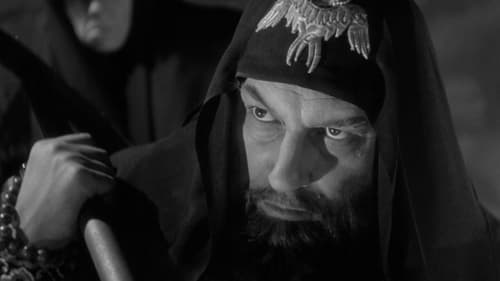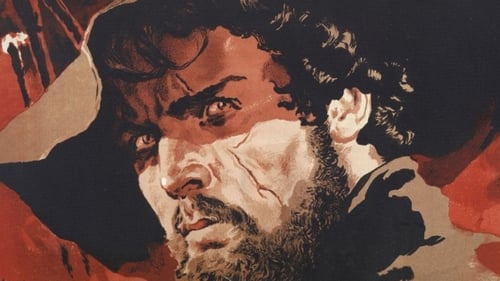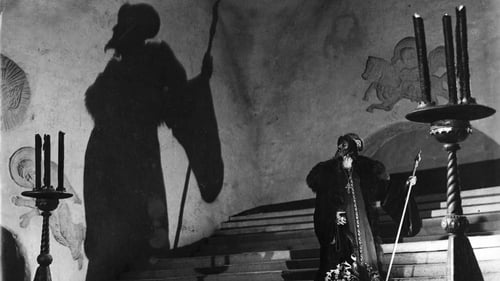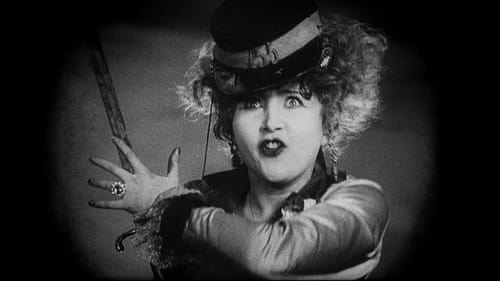
Camera Operator
귀족은 아니지만 먹고 살만한 은행가 드미트리는 사십살 후반에 다 큰 자녀까지 두었지만 고집 센 아내가 싫어 바람을 피우는 낙으로 살아간다. 그는 서슴치 않고 여자를 '저급한 인종'이라고 평가하며 여자들과 있을 때만 생기가 돈다고 고백한다. 그는 무수한 엽색 행각을 벌이지만 항상 그러한 관계들에 별 미련을 두지 않고 끝을 내 버린다. 그러다가 그는 휴양 차 갔던 얄타에서 작은 개를 데리고 매일 산책을 하는 이십 대 유부녀 안나를 만나게 되는데...

Director of Photography
러시아를 배반하고 폴란드로 투항한 이반 4세의 절친한 친구 쿠르프스키 공은 폴란드의 시그문트 왕에게 충성을 맹세한다. 시그문트 왕은 러시아에 강력한 통치자가 등장하는 것은 유럽 국가들을 위해 좋지 않은 일이며, 어떻게든 귀족들이 서로 권력을 나누어 갖게 됨으로써 러시아가 분열되는 것이 바람직하다고 생각한다. 한편 모스크바로 돌아온 황제 이반 4세는 그 동안 자기 대신 권력을 행사해 온 귀족들에 대해 노골적으로 적대적인 태도를 취한다. 그리고 자신의 가까운 친구이자 귀족들의 이익을 대변하고 있는 사제 필립과 국가의 통치 방식을 놓고 논쟁을 벌이다가 마침내 교회의 권위를 인정한다. 그러자 황제의 친위대원인 말류타는 황제에게 어느 누구도 믿지 말고 황제가 소유하고 있는 권력에만 의지하여 일을 수행해야 한다는 충고를 한다. 그러고는 황제를 위하여 자신의 손으로 저항하는 귀족들을 무참하게 살해한다. 그러자 이 처형 사건을 계기로 귀족들은 모스크바 대주교 필립을 앞세워 이반을 제거하려는 계획을 세우게 되는데...

Director of Photography
Italy, XIX century. The country is occupied by Austrian troops, the resistance movement is actively developing. Student Arthur Burton is involved in the activities of the underground organization “Young Italy”, envies its leader, Giovanni Bolla, and is jealous of his bride Gemma. He talks about this at a confession to a priest, as a result of which gendarmes take revolutionaries under arrest...

Director of Photography
The rise of a Lithuanian collective farm in the post-war years and the struggle against the remnants of the past in people's minds.

Director of Photography
A biopic based on the life of Russian literary critic Vissarion Belinsky (1811–1848). The production of the film was completed in 1951, but it was not released until 1953, following the reshooting of various scenes demanded by Stalin.

Cinematography
A biopic based on the life of Russian scientist and doctor Nikolai Ivanovich Pirogov (1810-1881), famous for being the founder of field surgery.

Cinematography
A 1945 Soviet war film which, along with the second part of Eisenstein's Ivan the Terrible was harshly criticized by Andrei Zhdanov and banned. A version of the film, released in 1956 during the Khrushchev Thaw, was disowned by director Grigori Kozintsev because the reediting was done without his participation.

Director of Photography
16세기 후반 여러 명의 공후들이 러시아 땅을 나누어 통치하고 있었다. 그 중에서 모스크바의 대공이었던 이반 4세는 자신이 분열된 영토를 이민족의 침입으로부터 보호하고 통일시키겠다는 야심에 찬 계획을 갖고 전 러시아의 황제로 취임한다. 귀족 출신의 아내 아나스타시야를 황후로 맞이한 이반은 취임 직후부터 경쟁 관계에 있는 귀족들의 반발에 부딪친다. 모스크바 시내 곳곳에 방화 사건이 발생하고 민심이 흉흉해진다. 한편 카잔 지방에 본거지를 둔 몽고의 칸은 모스크바가 자신들에게 복종할 것을 요구하고 전쟁을 벌인다. 이반 대제가 이끄는 러시아군은 이 전쟁에서 승리한다. 그러나 전쟁에서 승리한 후 모스크바로 귀환하는 도중 이반은 병에 걸려 중태에 빠지게 된다. 이반의 권력이 약화되기만을 기다리고 있던 귀족들은 이 기회를 이용하여 블라디미르 대공을 황제로 앉히려는 음모를 꾸미는데...

Director of Photography
Zoya Vladimirovna Strelnikova, a famous operetta actress, quits the theater and gets a nanny in a military hospital. There she meets the wounded major Peter Nikolayevich Markov.

Cinematography
One of the anthology films about Soviet citizens resisting the Nazi invaders during World War II, the feature consists of two stories, one about a teenage woman telephone operator who sacrifices herself, the other about a farm girl tending a sick pig who deals with two paratroopers seeking shelter.

Director of Photography
A young teacher is sent to a remote province, separating her from her lover, and sets about the difficult task of building a school there.

Cinematography
In the short-lived Commune of Paris, a conscripted soldier falls in love with a Communard saleswoman. As the army cracks down on the revolutionaries, the soldier is forced to fight against the Commune, and the pair's love is put to the test.

Director of Photography
A young country girl who becomes an apple seller is seduced and abandoned. She finds a protector but when he is arrested for theft she finds honest work in a factory.

Cinematography
Soviet film based on Nikolai Gogol stories "Nevsky Prospekt" and "The Overcoat".

Cinematography
Typically of the heady days of early Soviet cinema, this is constructed according to the fast, sharp editing principles advocated by Eisenstein, complete with symbolic inserts; but in terms of subject matter, it's much less explicitly political than most movies emerging from Russia in the '20s. Chronicling a young sailor's descent into a murky, treacherous underworld of pimps and thieves, after having encountered a Louise Brooks lookalike at a fairground and missed his departing boat, it's a lively moral fable that delights in vivid visual effects and quirky characterisations. If the plot occasionally reveals gaping holes, and the tacked-on ending urging the clearance of the Leningrad slums seems to be rather gratuitous, there's enough going on to keep one attentive and amused.













